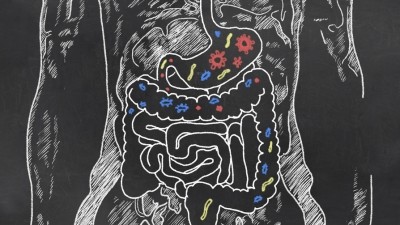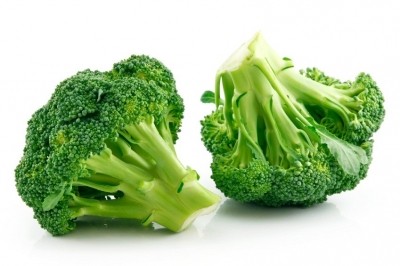Reduced dietary inflammation key to maintaining weight loss: Indonesian and Dutch researchers

Overweight and obese individuals who are successful in reducing their weight to healthier levels often find themselves regaining weight afterwards.
Possible reasons for this trend include a dip in physical activity and energy expenditure, alterations in hormone production related to hunger and satiety, and higher fat cell stress in response to fat mass reduction.
Considering that an estimated 107.7 million children and 603.7 million adults worldwide were classified as obese as of 2015, researchers from Indonesia's Universitas Gadjah Mada and the Netherlands' Maastricht University Medical Centre sought to investigate if weight regain after weight loss is associated with the macronutrient composition and / or inflammatory index of one's diet during the weight loss period.
They assessed 57 overweight and obese adults (27 male, 30 female), putting them through three stages in the study: weight loss, weight-stable and follow-up.
Losing it
The participants were first split into two groups: in one, each subject was placed on a low-calorie diet of 1,250kcal/day, while in the other, each subject was placed on a very low-calorie diet of just 500kcal/day.
The low-calorie diet entailed one meal replacement, three snacks between meals, and two self-prepared meals a day, the latter based on Dutch national dietary guidelines and designed by a dietitian.
The very low-calorie diet consisted of three meal replacements a day, as well as 100ml of instant broth drinks and a unrestricted servings of low-calorie vegetables.
After 12 weeks, the subjects on the low-calorie diet saw 10% weight reduction; those on the very low-calorie diet took five weeks to achieve the same results.
Keeping it
They followed this with four weeks on strict, balanced diets tailored to their individual energy requirements and based on Dutch national dietary guidelines.
A nine-month follow-up period ensued, during which the study's participants were instructed to maintain their weight without any dietary guidance.
Overall, their protein and carbohydrate consumption increased, as did their intake of fibre and micronutrients such as niacin, selenium, zinc, riboflavin, folate, iron, niacin, riboflavin, folate, and vitamins A, B6, C. Their fat consumption, on the other hand, was decreased.
Regaining it
After the follow-up period, the researchers observed that on average, the study subjects had regained about half the weight they'd lost.
They noted that there were "no differences in energy intake and dietary composition between the groups before and during" the weight management period, and that compared with their initial intake, "subjects in both groups had a significantly lower total energy intake" during weight management.
They further stated that they had "found no evidence that macronutrient composition during the weight maintenance period was associated with weight regain".
However, they also said that the participants' "dietary inflammatory index was positively correlated with weight regain and remained significant after correction for physical activity".
They hypothesised that diets with a higher inflammatory index could be linked to weight regain, which was consistent with higher previous research.
Earlier studies had shown that higher inflammation marker levels in systemic circulation and greater adipose tissue inflammation were related to a resistance to weight loss and a tendency to regain weight.
Inflammation solutions?
A low folate concentration was associated with heightened obesity risk, while riboflavin deficiency correlated with higher cellular stress in adipocytes that led to increased obesity-related apoptosis, reactive oxygen species and inflammation markers.
The researchers concluded: "We found no evidence for a role of macronutrient composition of diet after a weight loss intervention for the prevention of weight regain.
"On the other hand, the inflammatory properties of the diet during the weight maintenance period may play a role in weight regain after a diet-induced weight loss programme in overweight and obese adults.
"Further research should investigate whether tailoring diet with the aim to reduce the dietary inflammatory index is a potential approach to improve weight maintenance."
Source: Nutrients
https://doi.org/10.3390/nu9111205
"Dietary Intake after Weight Loss and the Risk of Weight Regain: Macronutrient Composition and Inflammatory Properties of the Diet"
Authors: Harry Freitag Luglio Muhammad, et al.



















